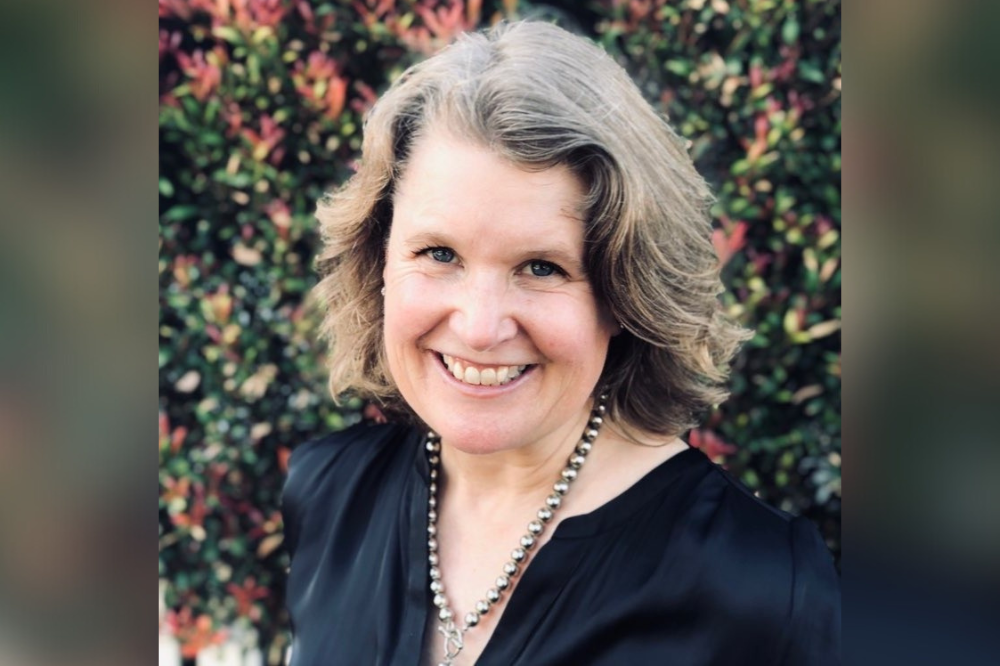
On Thursday 2 November, Sherrill Nixon was appointed the new Chief Executive Officer of Australian Schools Plus, succeeding Rosemary Conn, who resigned in July after nearly a decade in the role.
Nixon, whose prior career was in Journalism, joined the organisation in 2014 as its second employee, working closely with Conn and her leadership team to develop and drive Schools Plus’ strategy and successful school programs.
Notably, Nixon led the Schools Plus’ donor relations team for the past eight years to raise over $62m in philanthropic support to help children and young people facing disadvantage thrive at school.
Below, The Educator speaks to Nixon about the power of philanthropic partnerships, her vision as the new CEO of Schools Plus, and how the charity hopes to improve educational equity in the years ahead.
TE: What advice do you have for school principals when it comes to building and maintaining meaningful partnerships with philanthropic organisations and community stakeholders to support their students?
The first thing to know is there are many philanthropic organisations that want to support schools so students can have access to a greater range of education opportunities. I’ve found the key to building meaningful relationships with these supporters is pretty much the same as with any relationships – a good understanding of each other’s values and goals, together with mutual respect and strong and regular communication, will go a long way to creating long-term partnerships.
TE: While your predecessor, Rosemary Conn, has laid a solid foundation for Schools Plus, every leader brings their distinct vision. Can you share some innovative strategies or plans you're considering to further amplify the impact of Schools Plus in disadvantaged communities in the coming years?
Over the past nine years, we’ve supported more than 1,500 schools in underserved communities across Australia. In recent years, we’ve worked especially hard to improve our evaluation framework to showcase the transformative impact we’ve had on student outcomes.
Now we’re ready to draw on this and take the next step with an aim to support 150,000 children and young people a year by 2027. We’ve seen the success of multi-year projects and are inviting more schools to partner with us for three years – instead of just one – to really deepen the impact and sustainability of projects, and the learnings we can take from them. And finally, we’re about to launch a number of ‘lighthouse’ projects – initiatives that schools have piloted and proven with our support that are now ready to be run at scale.
TE: Can you share a specific story or moment from your schooling in Adelaide's north that deeply impacted you and how it influences your approach as the CEO of Schools Plus?
We all have a story about the teacher who inspired us! I was lucky to have many great teachers right through my school years in Adelaide’s north, a region in which we’ve supported many schools. But the one who stands out is Grant Brindal, my high school media teacher. Grant saw my passion to be a journalist and backed me, going out of his way to find opportunities and open doors so I could get practice at interviewing people, writing stories and hosting local radio while I was at school. We’ve stayed in touch since. Through this role, I’ve learnt a lot more about teaching and I can now also admire Grant’s commitment to the profession through his development of curriculum and building other teachers’ capacity.
TE: Looking ahead, what are you most excited about as you step into your new role?
I’m excited about the potential of Schools Plus to really make a lasting difference for countless children and young people who, through no fault of their own, don’t have access to the opportunities that will give them a head start in life. Through our work, I want us to keep growing philanthropic support for disadvantaged schools and use it to build the capacity of teachers, school leaders and families so that every child in this country gets the opportunities they deserve and need to thrive. And in doing so, we will continue to learn what strategies work best to overcome the challenges in underserved communities and cement our place as Australia’s voice of disadvantaged schools and leading authority on education equity.


